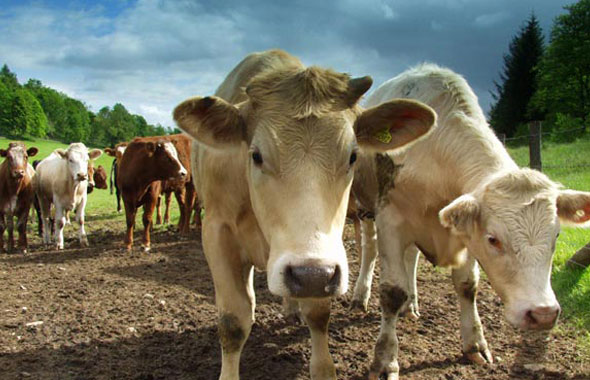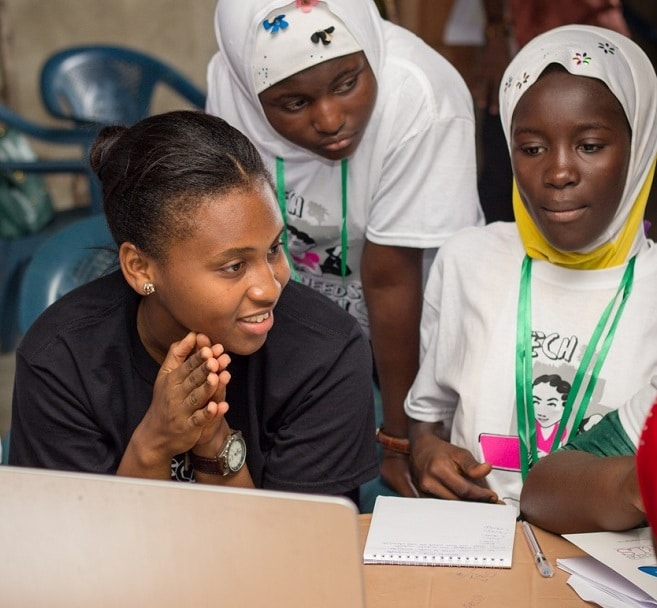As economic growth continues to flourish throughout the African continent, more opportunities are opening up for female entrepreneurs to make a difference.
It is all too often that tech and other corporate industries present a stunning lack of female entrepreneurs — not because women have been less competent but simply because prejudices still leave women at a disadvantage.
While this conversation has been extremely prevalent in America, it’s a problem that is plaguing the landscape for business all across the globe.
In Africa, however, two female entrepreneurs are working to change that by utilizing Africa’s rapidly growing economy and investing in the many bright female minds that have the ability to turn a new idea into a corporate success.
Yasmin Belo-Osagie and Afua Osei teamed up to create She Leads Africa, a startup that gives new life to other startups founded by women in Africa.
Back in 2014, Belo-Osagie returned to Nigeria after completing studies in the U.S. at Princeton University.
As she returned to the African country with a newfound understanding of business and entrepreneurship, she realized she finally had the knowledge and resources to help more women find their entrepreneurial voices in industries that are currently dominated by men.
“[This is] an opportunity to create a brand that’s an inspiration for women. …Women need to realize that their horizons are unlimited and they can go far beyond their expectations through hard work, grit and perseverance,” Belo-Osagie told CNBC Africa.
While the organization is fairly young, it has already allowed many women to take their own entrepreneurial ventures to the next level.
The organization has become well known for its pitching competitions, which give female business leaders the chance to present their ideas and startups to panels of esteemed investors and fellow entrepreneurs.
She Leads Africa also helped lead eight female entrepreneurs to the Diaspora Demo in Washington, D.C., in November.
The Diaspora Demo is one of the largest gatherings of investors and entrepreneurs from all across the globe and serves as a unique opportunity for women to network with business-minded professionals from different countries.
The women were also allowed to present their ideas to angel investors in hopes that they could receive a major boost to the funding they needed to grow their business ventures.
The duo’s desire to help other women become successful entrepreneurs came from their own experiences and observations growing up as young Black women.
“I remember growing up and thinking that there weren’t enough female role models who were achieving what I wanted to achieve,” Belo-Osagie added.
That was largely due to the fact that, according to Belo-Osagie, women are barred from certain entrepreneurial opportunities based on cultural stigmas about women.
She explained that in many cultures, women are seen “as vulnerable, but many of us are strong, smart, well-traveled and cosmopolitan.”
In addition to changing the overall perception of women entrepreneurs, She Leads Africa also aims to tackle other issues that put female entrepreneurs at a disadvantage, including unequal access to education, limited access to funding and limited opportunities to develop useful networks.




